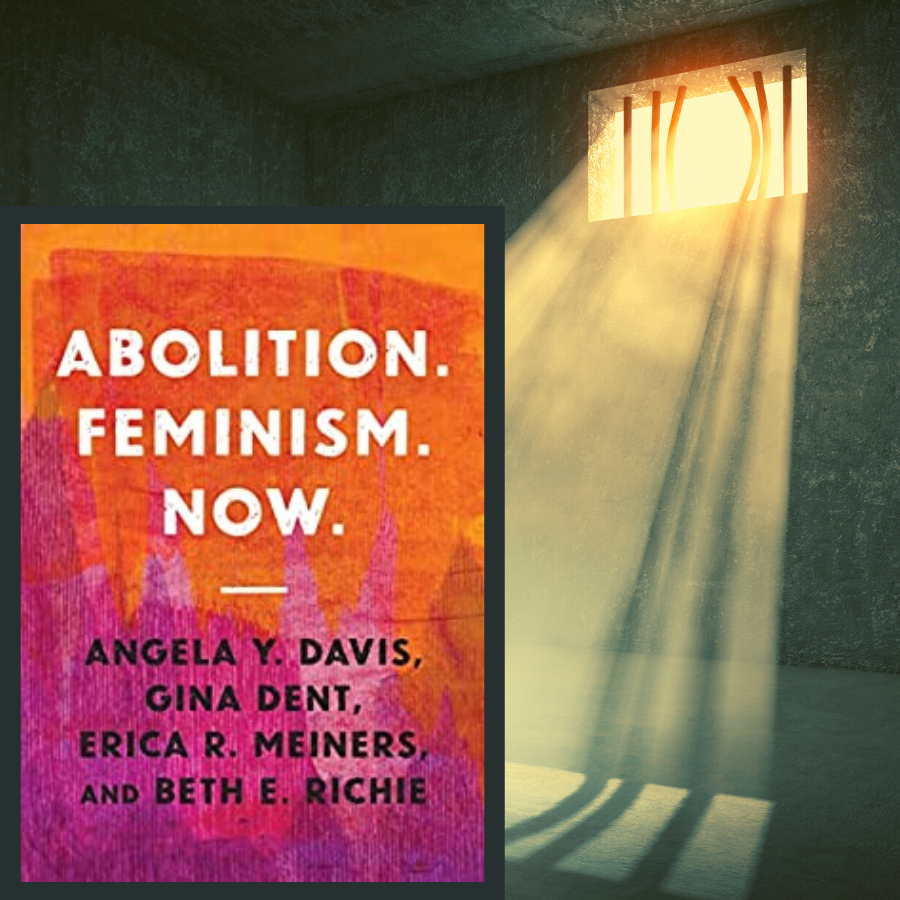GOODREADS DESCRIPTION:
An urgent, vital manifesto of intersectional, internationalist, abolitionist feminism, from leading scholar-activists Angela Y. Davis, Gina Dent, Erica Meiners, and Beth E. Richie.
As a politic and a practice, abolition increasingly shapes our political moment, halting the construction of new jails and propelling movements to divest from policing. Yet erased from this landscape are the central histories of feminist organizing — usually queer, anti-capitalist, grassroots, and women of color — that continue to cultivate abolition. Also erased is a recognition of a stark reality: Abolition is our best response to endemic forms of state and interpersonal gender and sexual violence.
Amplifying the analysis and the theories of change generated from vibrant, community-based organizing, Abolition. Feminism. Now. surfaces necessary historical genealogies, key internationalist learnings, and everyday practices to grow our collective and flourishing present and future.
Review
5 stars
This is a powerful must-read for anyone looking for a detailed history of and a manifesto for Abolition Feminism. I would especially recommend this book to those who, like myself, prior to reading Abolition. Feminism. Now., are new to the complex and nuanced concept of Abolition Feminism. Davis, Dent, Meiners, and Richie create a clear and brilliant road map of the concept’s definition, purpose, and movement, leading the reader to one inevitable conclusion: We need to implement this. NOW.
So, What Is Abolition Feminism?
As stressed in the book, it is difficult to define any concept that is always changing and “therefore always nuanced in (its) relationality.” But, if I can boil the definition down to its most basic state (hopefully) without overcooking it to the point of blandness, Abolition Feminism is the concept that we need to rid our society of policing/incarceration and replace these destructively punitive institutions with community-run services that focus on rehabilitation rather than criminalization. This book recognizes abolition as a more impactful concept when combined with feminism.
Of course, Davis and her peers do a much more elegant job of detailing the rationale behind Abolition Feminism while providing ample historical and modern-day examples to highlight just how vital this concept is to reducing crime and rehumanizing us as a society. In short, policing and incarceration do not work and, actually, only fuel crime, propel discrimination, and ignore the cause of the crime by focusing instead on the crime itself — violence in response to violence in response to violence.
Book Highlights
My favorite concept presented here is the concept of Abolition Feminism as an aesthetic. In addition to textual resources, there are copies of artworks printed throughout this book as “visual interventions,” all inspired by our fundamental human right to freedom. These works poetically highlight the depth of the human spirit that cannot and should never be caged.
My other favorite concept within this book is the viewing of Abolition Feminism as a collective consciousness, citing the worldwide collective consciousness of the COVID-19 pandemic experience as a prime example of how a mass shift in perspective can result in a profoundly changed world.
Final Word
Abolition. Feminism. Now. is, first and foremost, a call to action. Crime is at an all-time high and our society is in danger of losing all the fundaments of its humanity. As Davis, Dent, Meiners, and Richie contend, it is time to reclaim this humanity, starting with the vehement compassion needed to reclaim our collective freedom. I felt motivated and empowered by this book.


